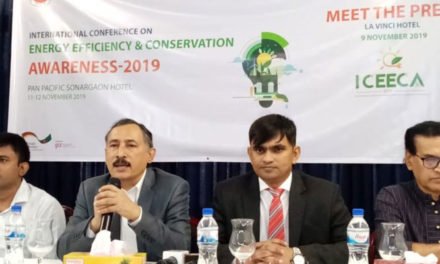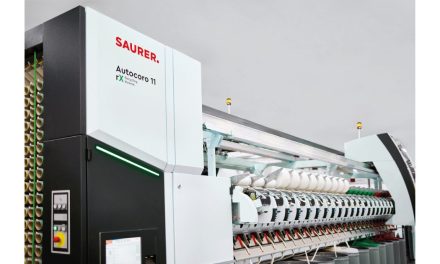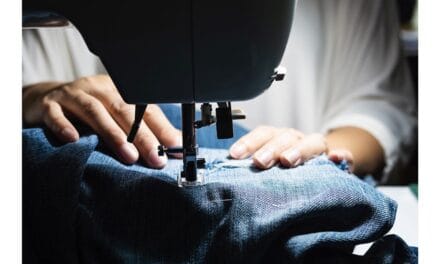 UPM Biochemicals and VAUDE, a sustainable and innovative supplier of outdoor apparel, will produce outerwear made with bio-based chemicals and demonstrate that the textile industry can start the shift towards renewable materials today.
UPM Biochemicals and VAUDE, a sustainable and innovative supplier of outdoor apparel, will produce outerwear made with bio-based chemicals and demonstrate that the textile industry can start the shift towards renewable materials today.
UPM recognises the acute challenge faced by the textile and footwear industries to find more sustainable solutions for the polyester and polyurethane used in their products. Approximately 60% of all materials currently used by the fashion industry[1] are made from fossil-based polymers. UPM will be producing new, climate-neutral materials from sustainably sourced forest biomass that will help replace fossil raw materials in the textile value chain.
In close collaboration, UPM and VAUDE will produce the first ever fleece jacket made from wood-based polyester. A small step with big impact as it will help close the gap between recycled fibres and sustainable virgin fibres and take performance fashion beyond fossils.
The resin used to make polyester contains 30% monoethylene glycol (MEG) which is traditionally sourced from crude oil. In UPM and VAUDE’s process this ingredient will be entirely replaced with a new bio-monoethylene glycol (BioMEG), UPM’s BioPura™. BioPura™ is a drop-in solution that can be easily implemented into existing polyester manufacturing processes as it is identical to currently used MEG on a molecular basis.
Partnerships across the whole value chain are a prerequisite for enhancing sustainable innovations across various industries. In this case, Indorama Ventures, one of the world’s leading chemical companies, will polymerize and spin a polyester yarn containing UPM’s BioPuraTMBioMEG at its German site in Guben. Pontetorto, a leading textile manufacturer located in Prato, Italy, will then process this yarn into a novel, bio-based polyester fabric which VAUDE will use to produce the final garment.
“This partnership shows that transformative steps in the chemical industry towards renewable materials are possible now”, says Michael Duetsch, Vice President Biochemicals at UPM.
“We are prototyping a world beyond fossils with VAUDE, proving that the next level of sustainable textiles is available. VAUDE sets an example in breaking away from oil-based textiles and reducing emission reductions that the whole industry must follow.”
Polyester is the world’s most widely used fibre. Yet only 14.8 per cent is currently derived from recycled feedstock[2], such as PET bottles. And less than one per cent of the material used to produce clothing is recycled into new clothing[3]. Choosing a sustainable feedstock is a great opportunity.
“Sustainability and product longevity go hand in hand: VAUDE products are characterized by a timeless design, robust materials and simple reparability. However, a product only becomes truly sustainable if it is used for as long as possible”, said René Bethmann, Senior Innovation Manager at VAUDE.
“By incorporating UPM’s bio-based materials, we are able to further explore and unlock the power of renewable circularity – to use less, source from renewable sources, and ensure the product can remain in the value chain after its useful life.”
UPM is investing 750 million Euros to build the world’s first industry scale biorefinery in Leuna, Germany. In Leuna, UPM will convert sustainably sourced, certified hardwood into next generation biochemicals that will enable the vital shift away from fossil-based to renewable materials across a wide range of industries. The biorefinery aims to produce 220,000 tonnes annually in total, with start-up targeted to take place by the end of 2023.





















